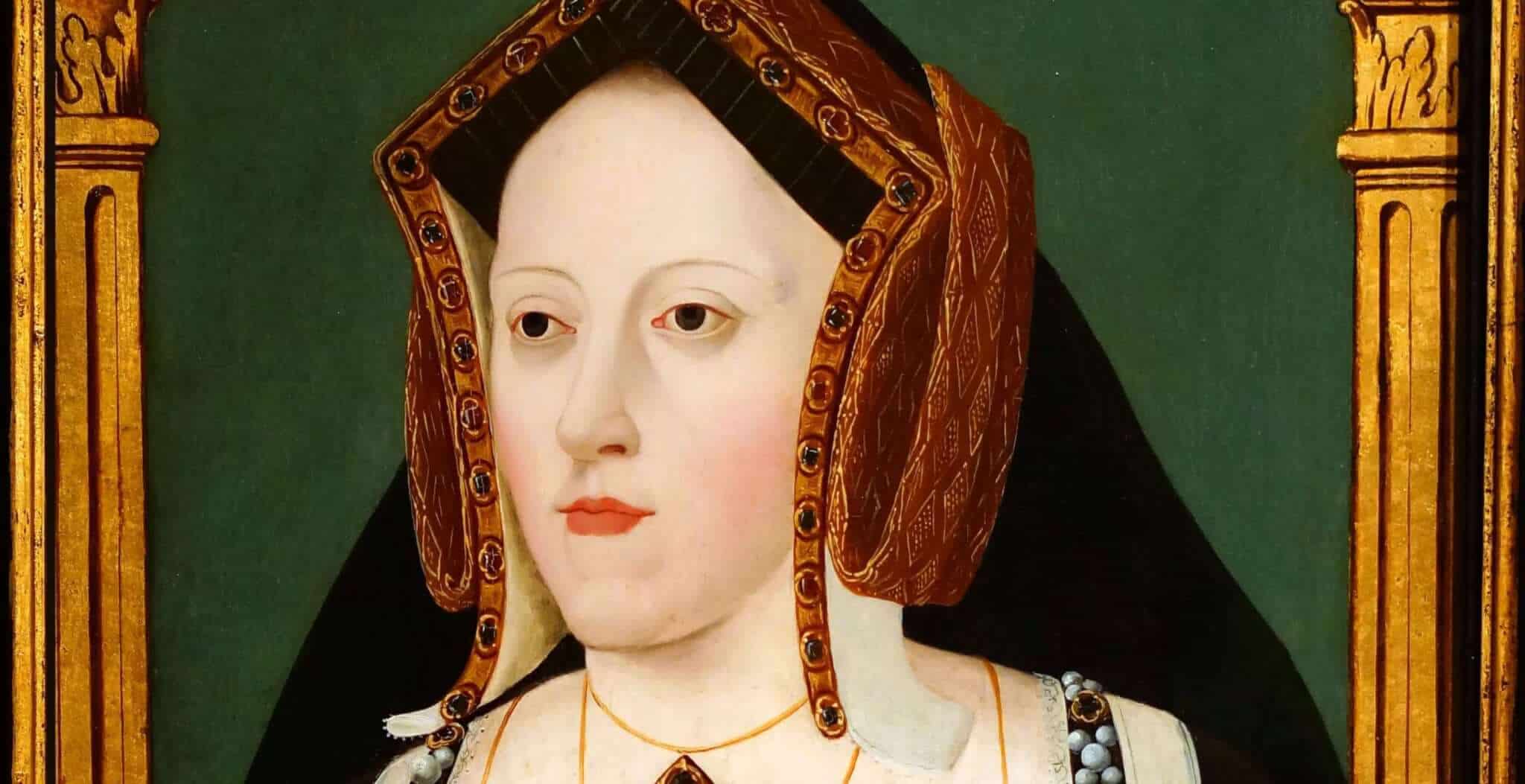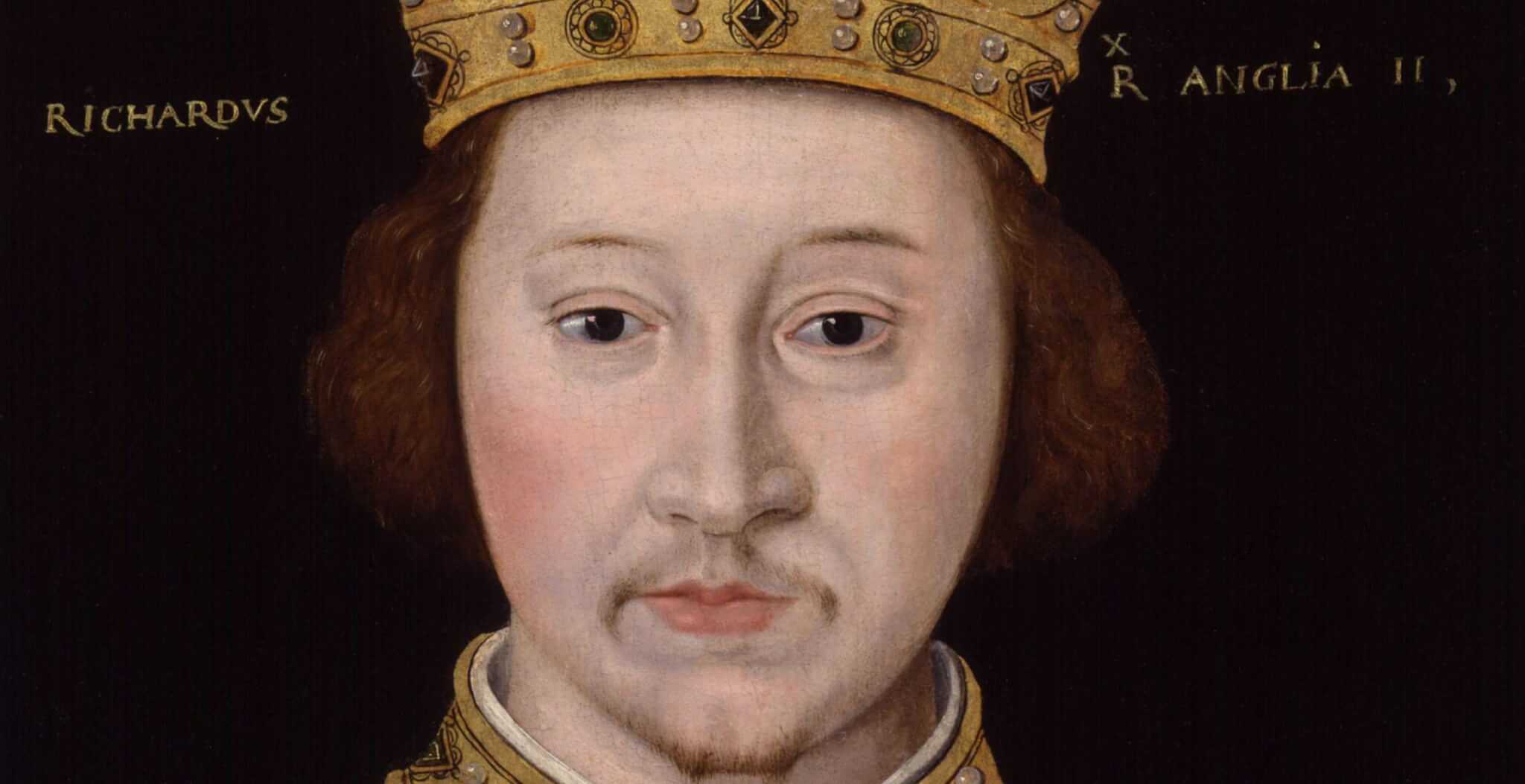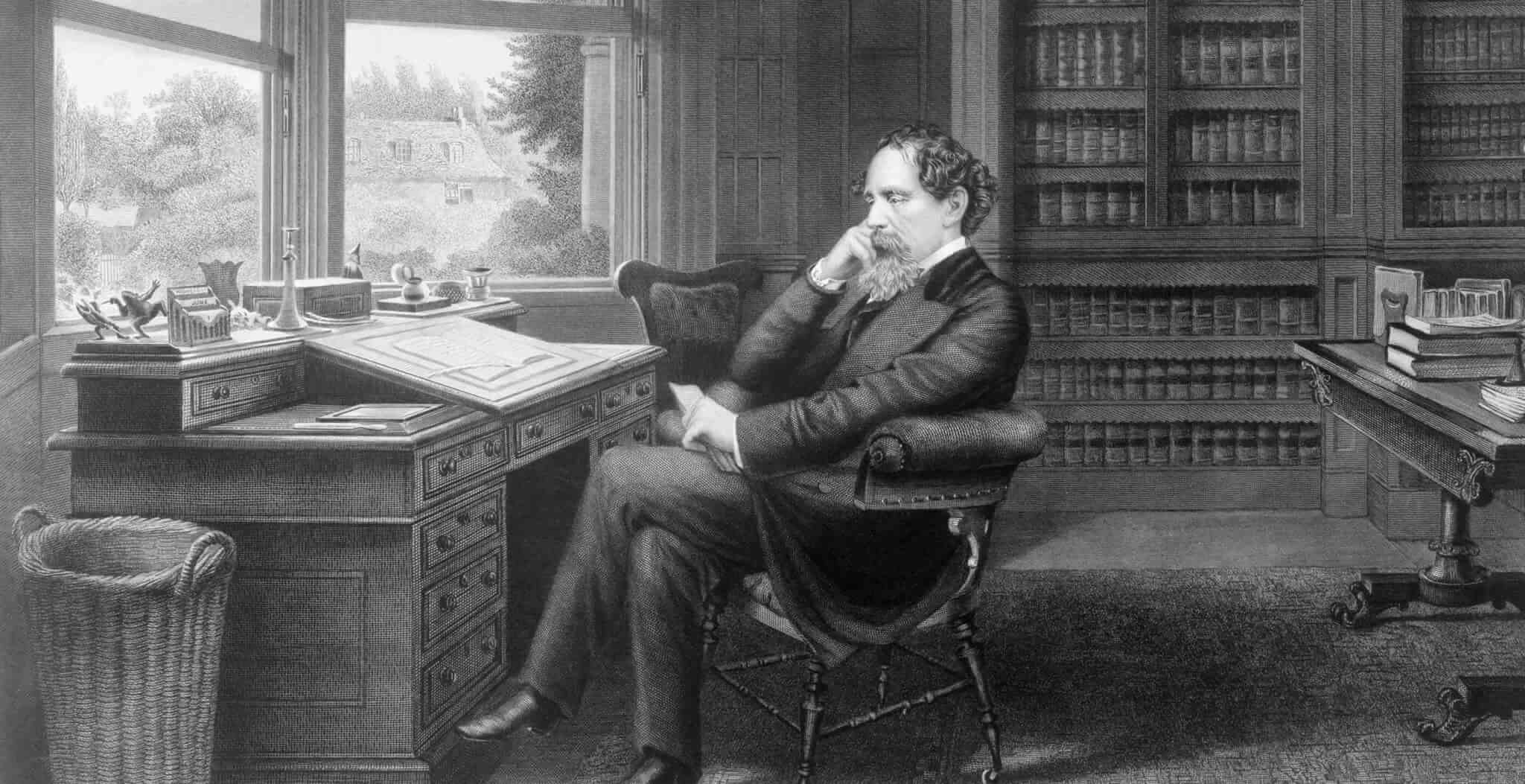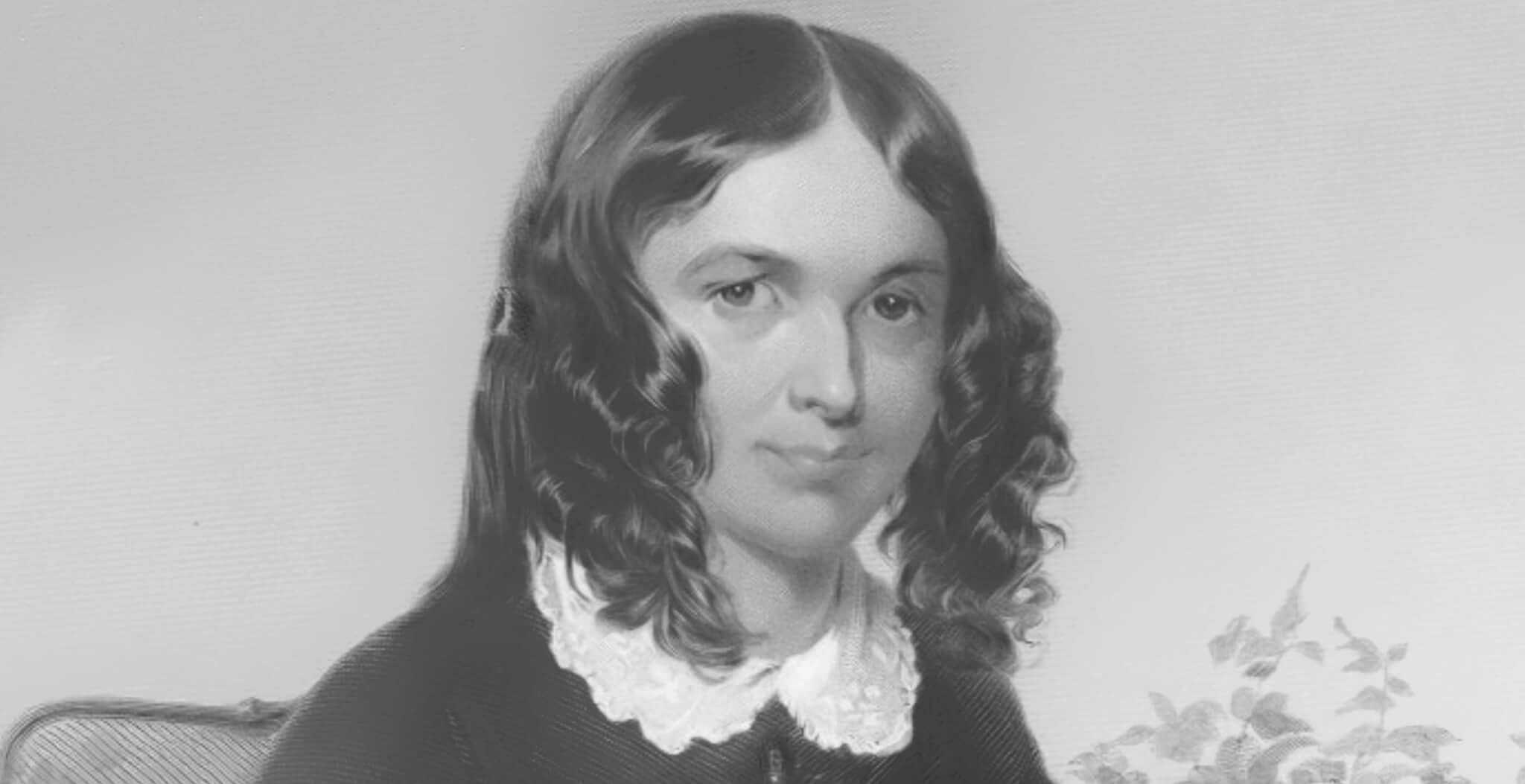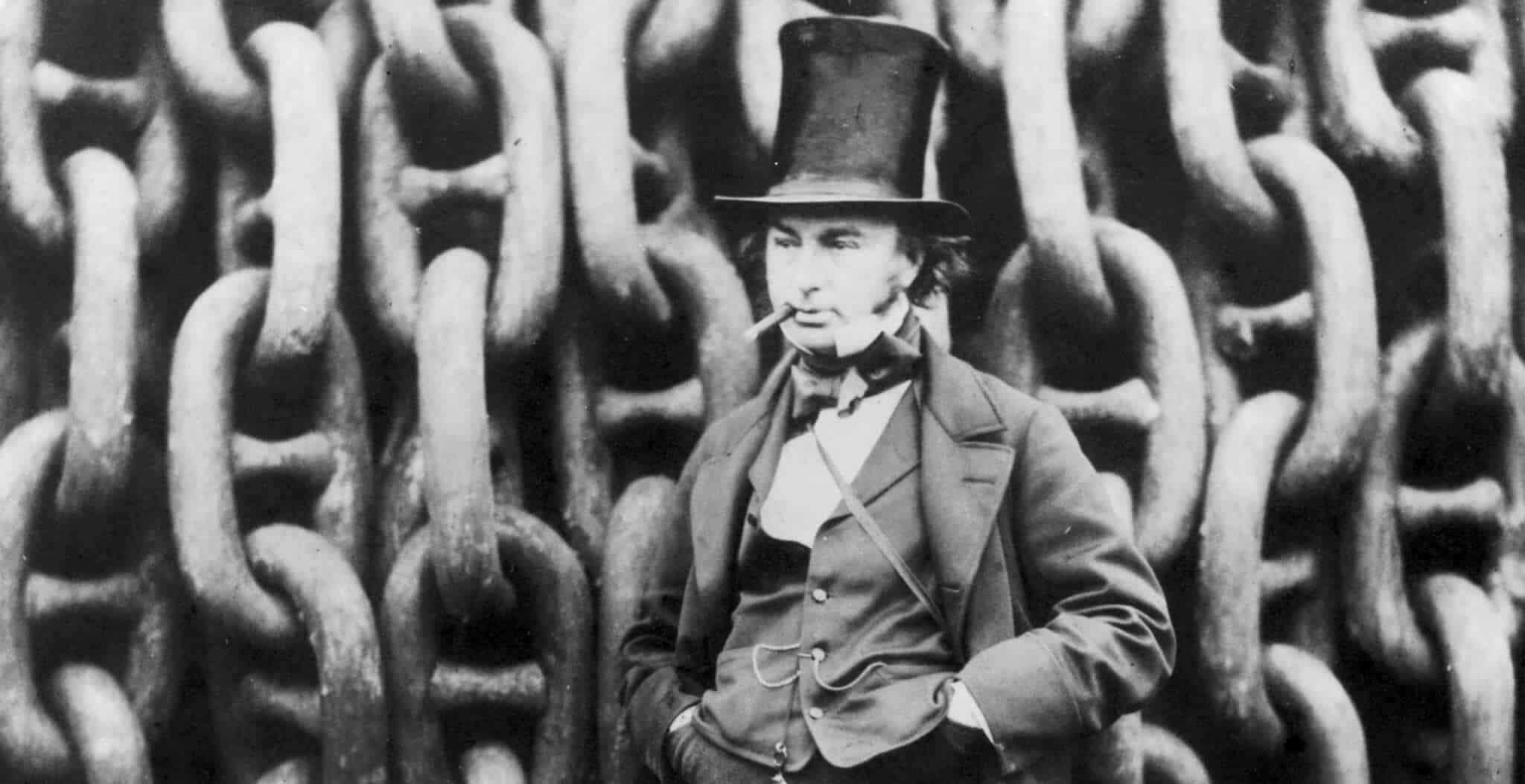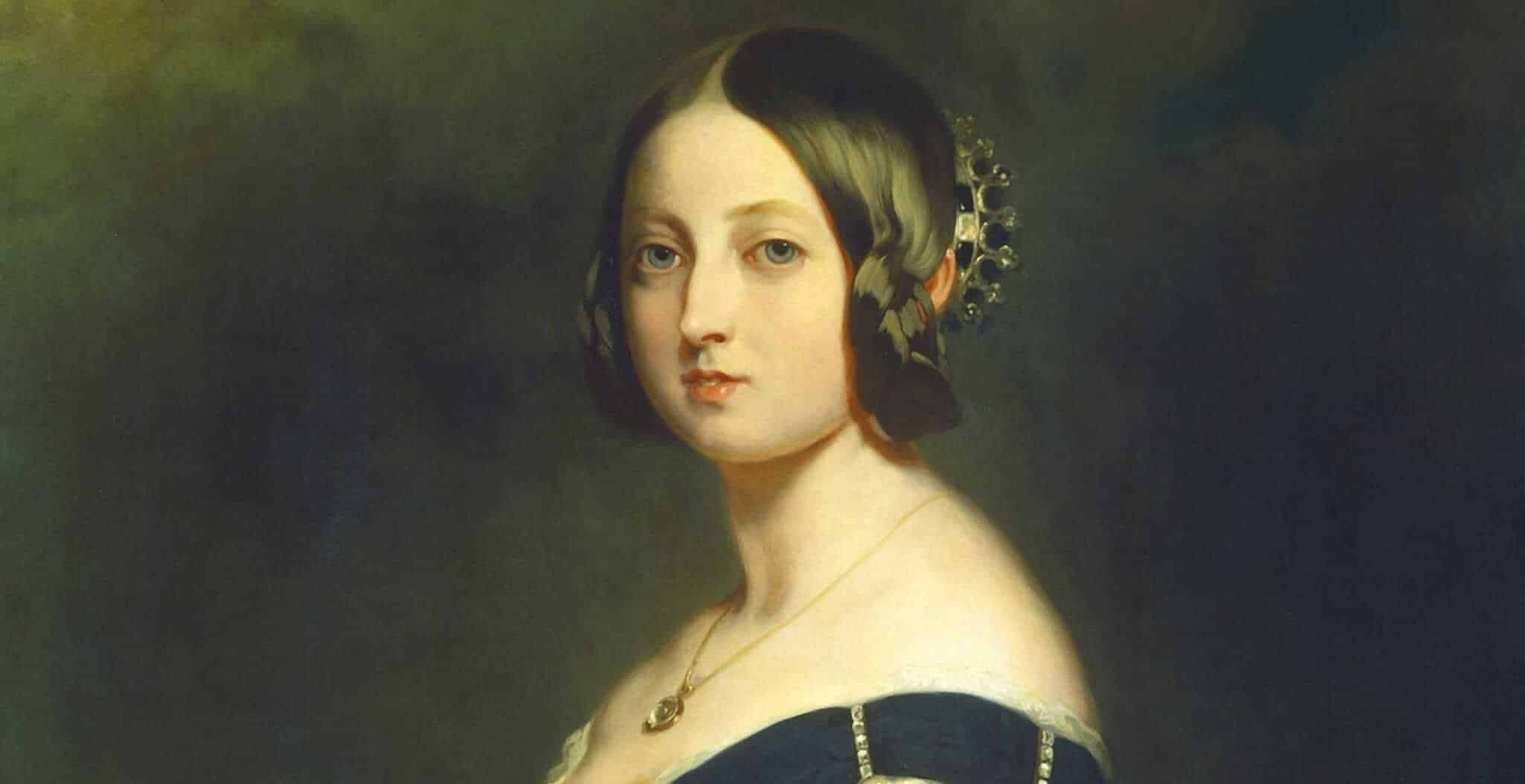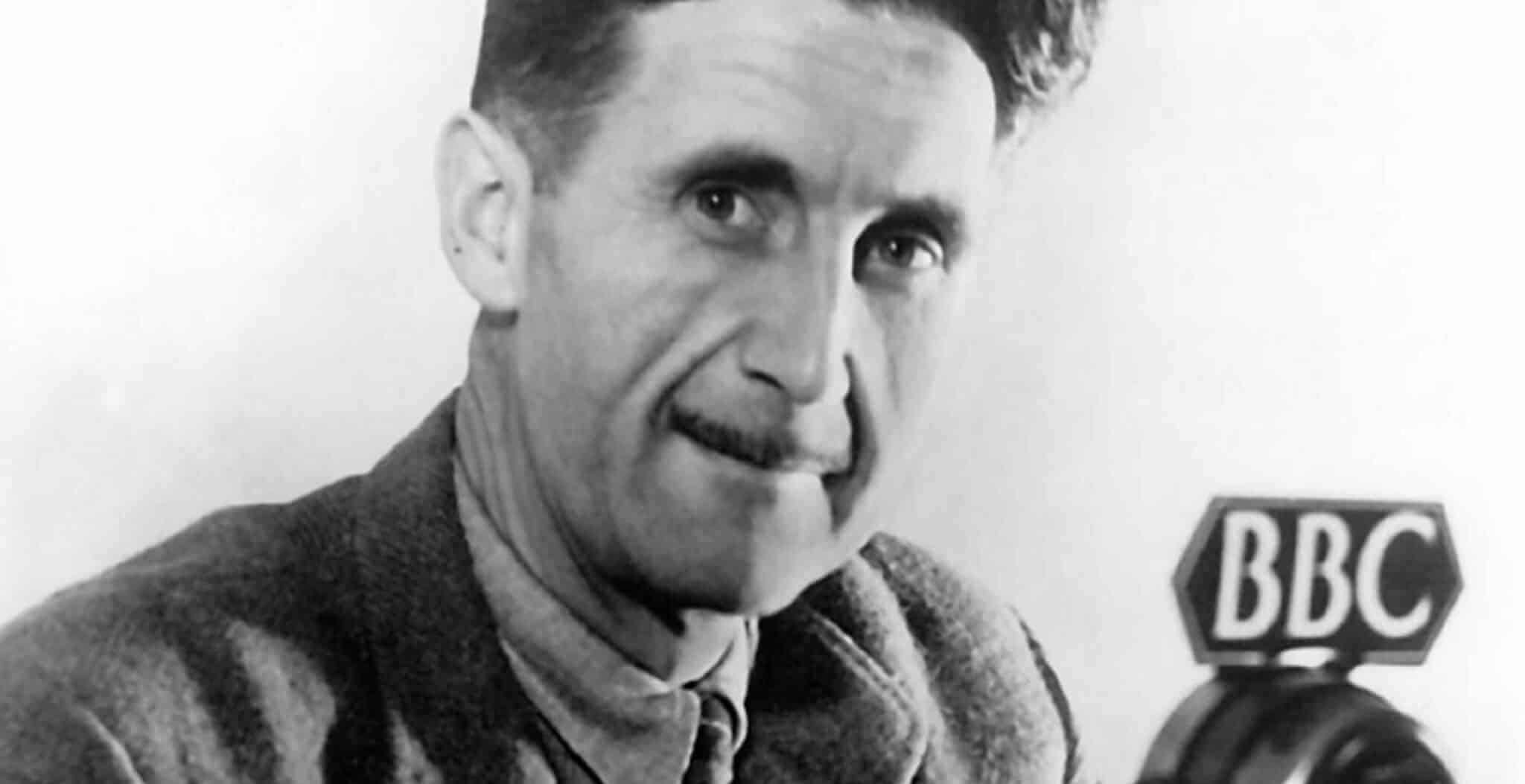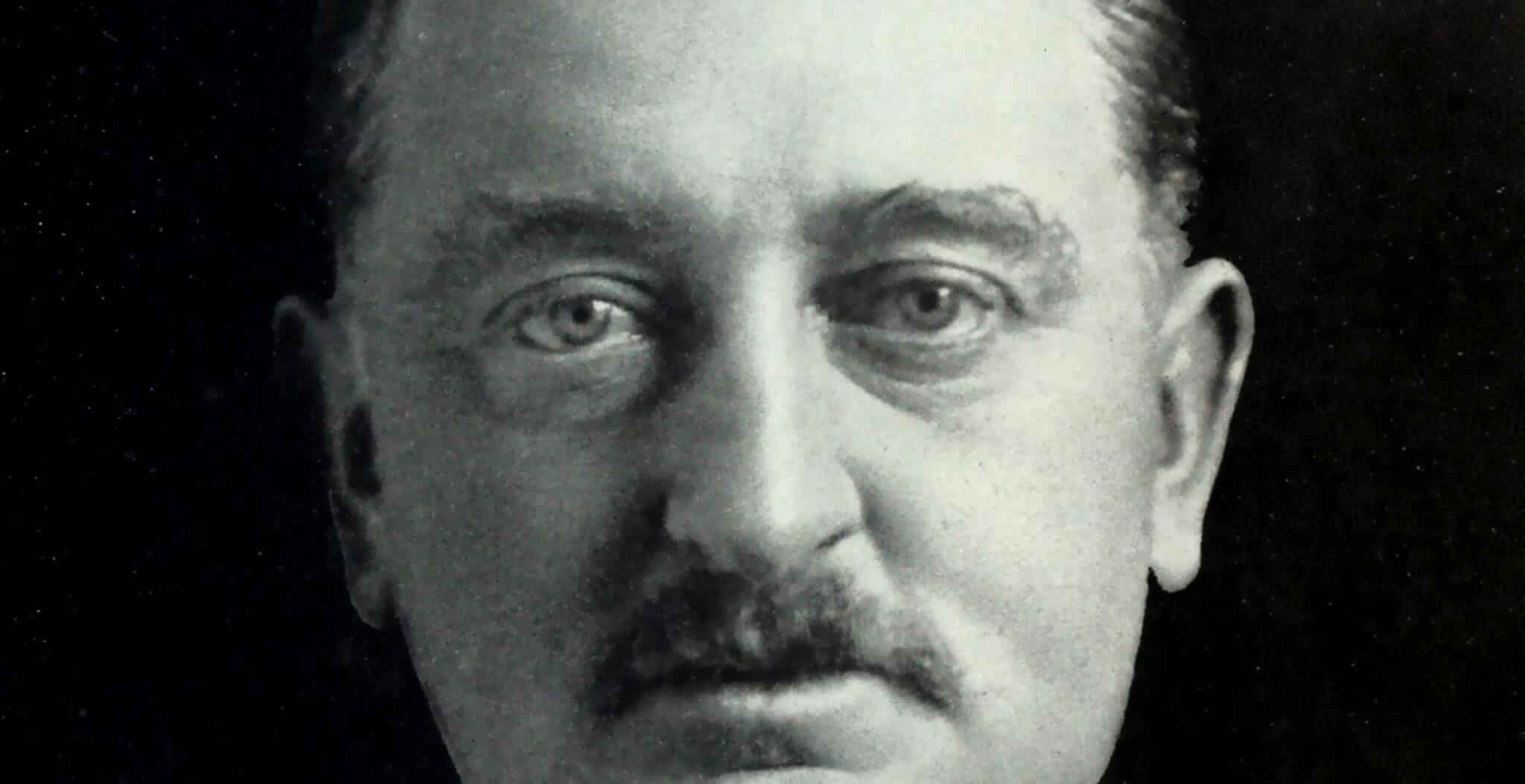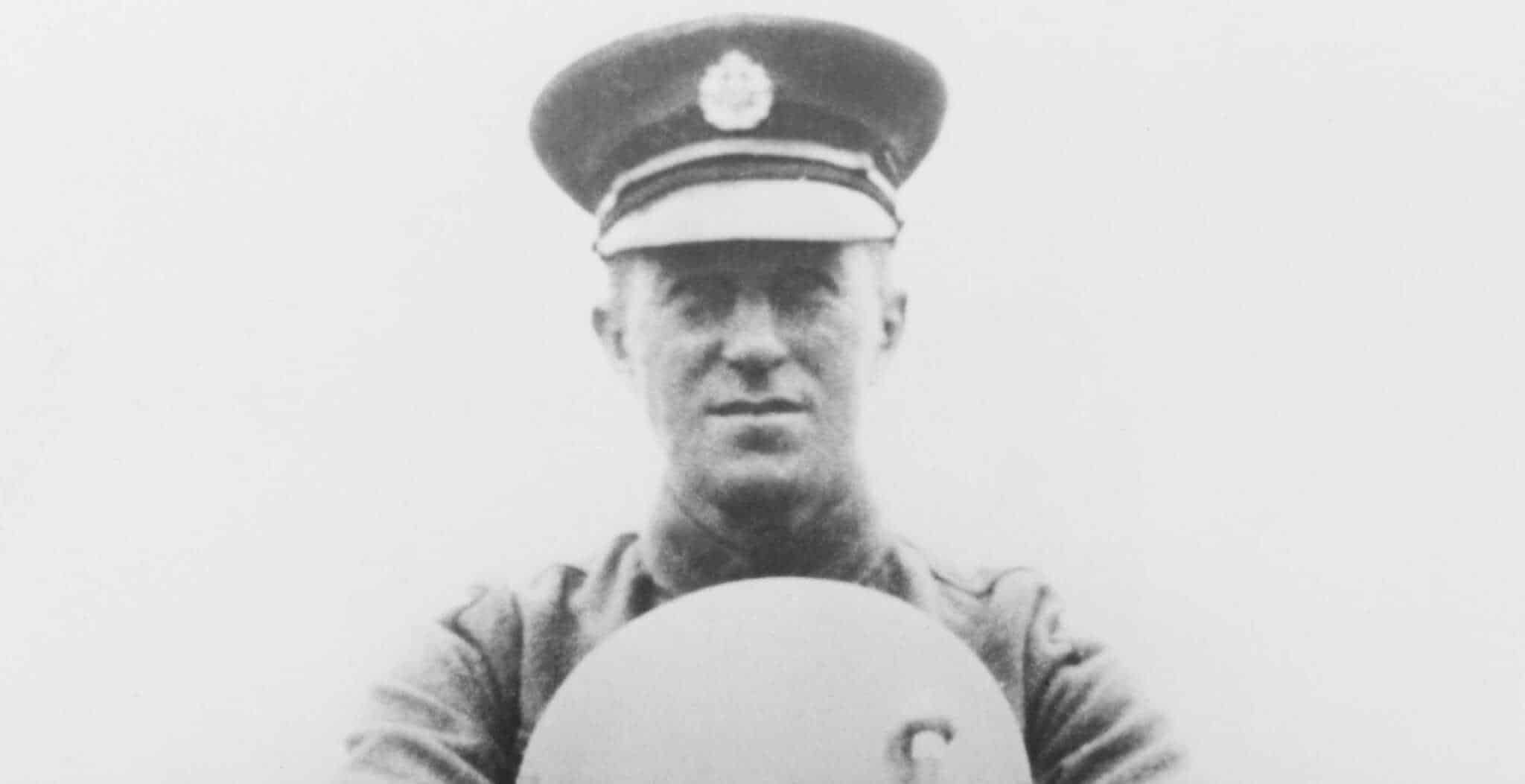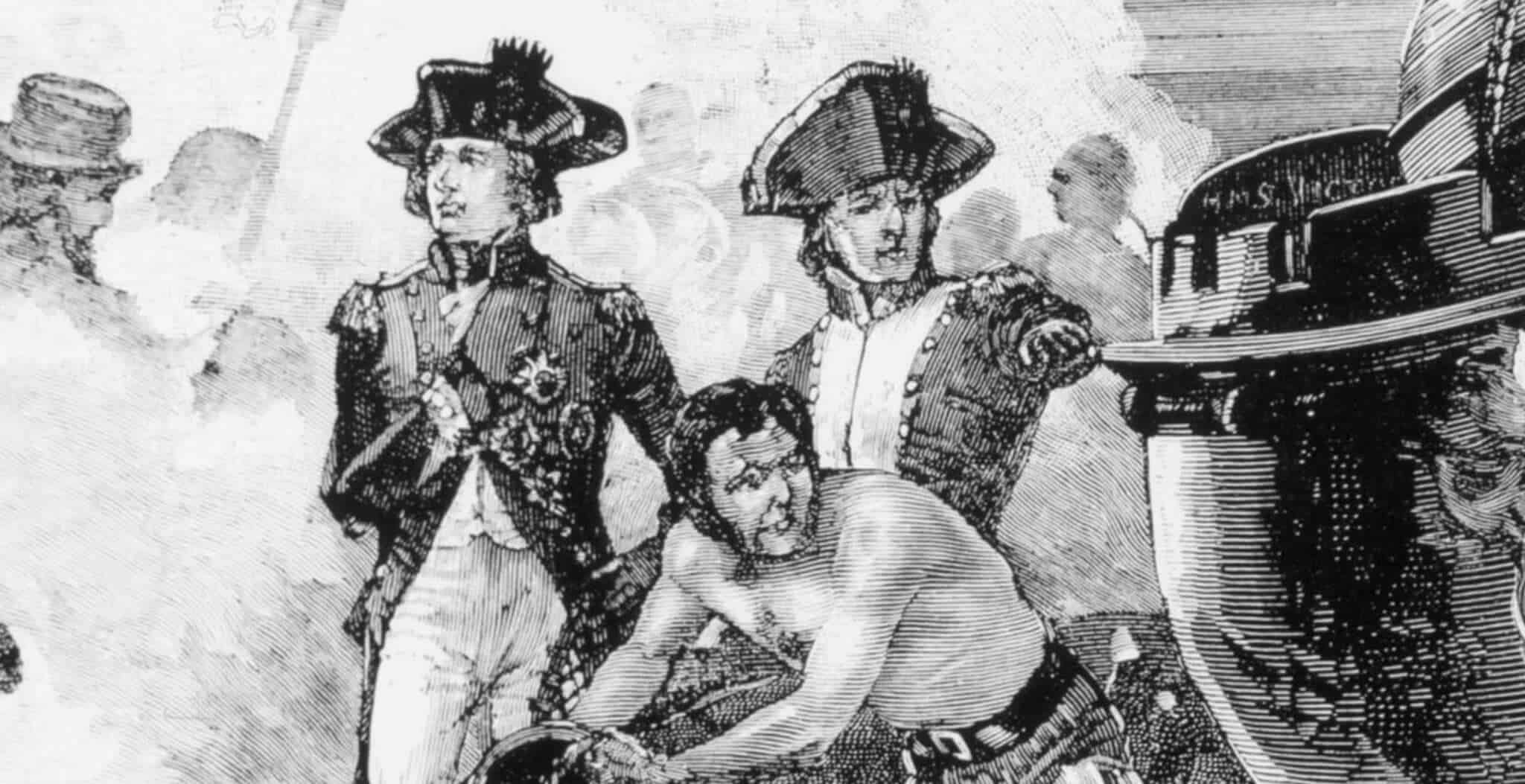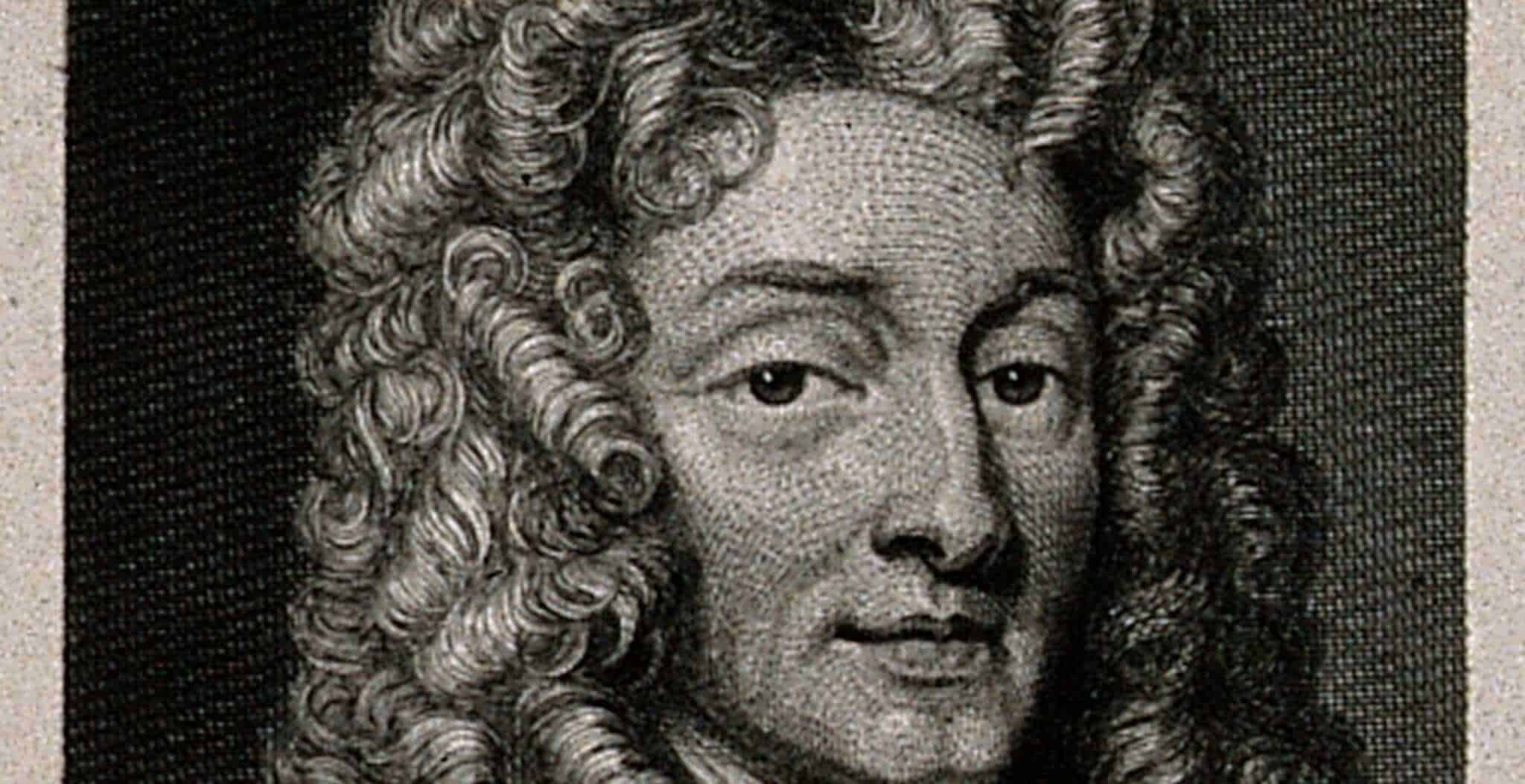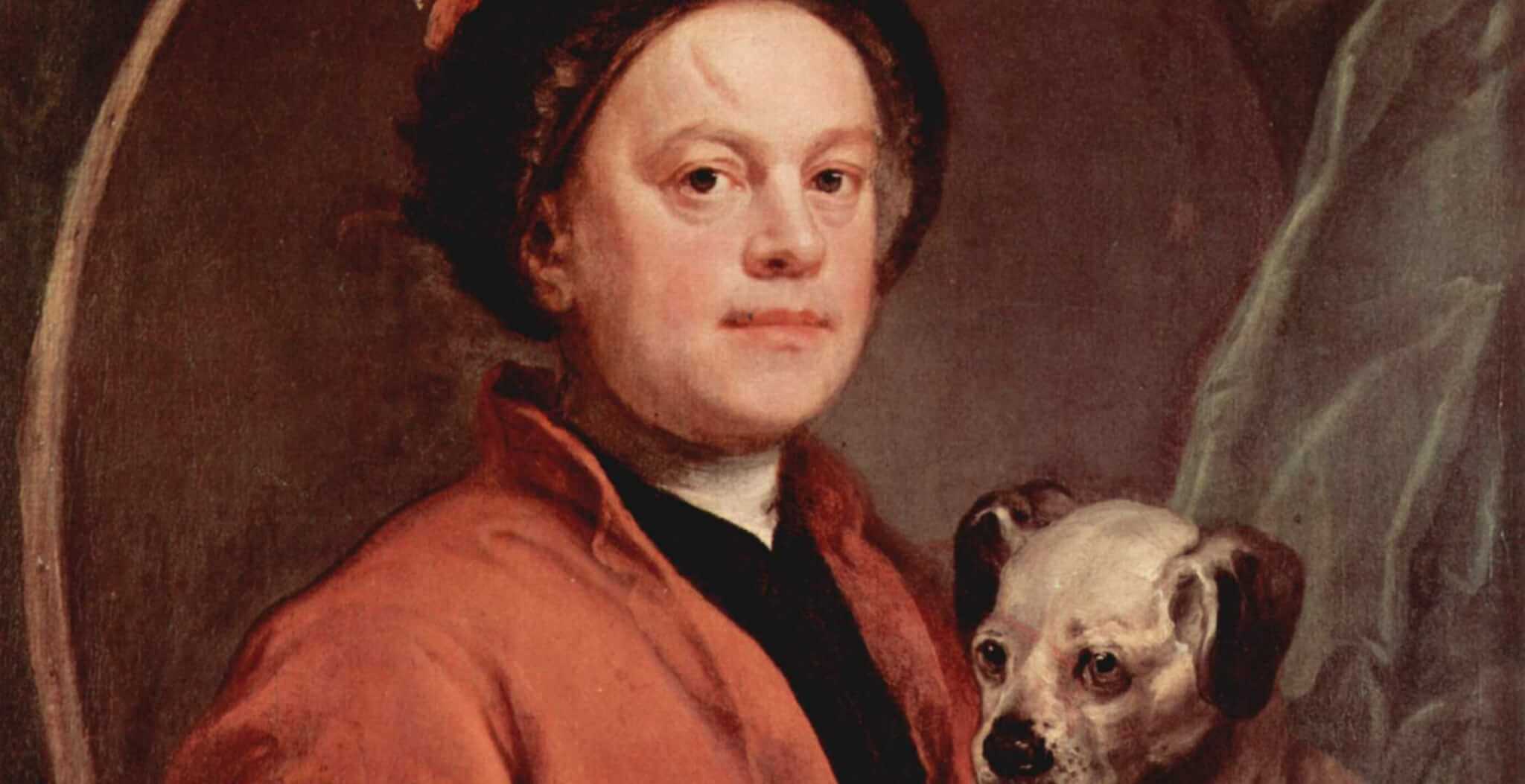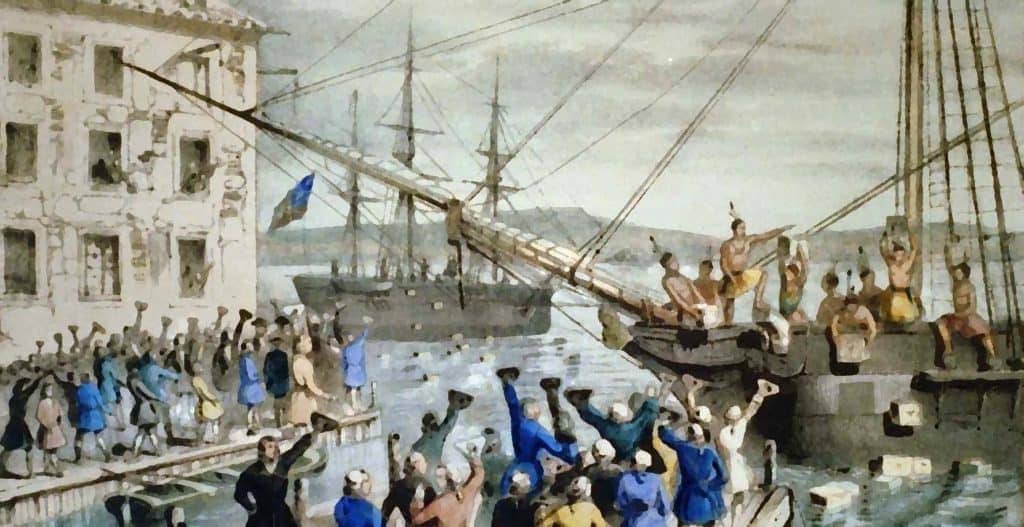Our selection of historic birthdates in December, including Madame Tussaud, Benjamin Disraeli and Catherine of Aragon (pictured above).
| 1 Dec. | 1910 | Dame Alicia Markova, London-born ballet dancer famed for her interpretations of Giselle. Her touring group developed into the London Festival Ballet which became the English National Ballet in 1986. | |
| 2 Dec. | 1899 | Sir John Barbirolli, after serving in WWI he moved to the USA as conductor of the New York Philharmonic Orchestra, returning to England in 1943 as the influential conductor of Manchester’s Hallé’s Orchestra. | |
| 3 Dec. | 1857 | Joseph Conrad, born of Polish parents he became a naturalized British subject in 1884, his early experiences at sea inspired his many novels which include Chance, and perhaps his masterpiece Lord Jim (1900). | |
| 4 Dec. | 1795 | Thomas Carlyle, the son of a Dumfries-shire stonemason he was educated at Edinburgh University, a distinguished historian and author of such works as The French Revolution and History of…Fredrick the Great. | |
| 5 Dec. | 1830 | Christina Georgina Rossetti, London-born poet whose earliest works appeared before she was in her teens, her better known collections include Goblin Market (1862) and The Prince’s Progress (1866). | |
| 6 Dec. | 1421 | Henry VI, succeeded his father Henry V as king of England at the age of nine months. As king he lost the Hundred Years War with France, closely followed by his mind in 1453. He lost the throne of England twice, as well most of his dominions in France, his only child Edward was lost at the Battle of Tewksbury. Unlucky Henry was murdered in 1471. | |
| 7 Dec. | 1761 | Madame Tussaud, started her apprenticeship during the French Revolution making death masks from the heads of guillotined prisoners. Arriving in Britain in 1802, she initially toured with her exhibition of waxworks prior to settling in London in 1838. | |
| 8 Dec. | 1542 | Mary Stuart, Queen of Scots, Scottish queen who was forced to abdicate in favour of her son James VI (James I of England), and was later imprisoned and eventually executed by her cousin, Queen Elizabeth I of England. | |
| 9 Dec. | 1608 | John Milton, London-born poet who defended civil liberties and free speech through the Civil Wars of 1640’s. Some of his greatest works were written after he lost his sight in 1652 included Paradise Lost, Paradise Regained and Agonistes. | |
| 10 Dec. | 1960 | Kenneth Branagh, Belfast-born Shakespearean actor and director of several films including Henry V (1989), Mary Shelley’s Frankenstein (1994) and Hamlet (1996). | |
| 11 Dec. | 1929 | Sir Kenneth MacMillan, born in Dunfermline, he was one of the original members of the Sadler’s Wells Theatre Ballet and went on to choreograph ballets for many of the world’s foremost companies. | |
| 12 Dec. | 1879 | Percy Eastman Fletcher, Derby-born light music composer whose works include Bal Masque and his composition for the brass band An Epic Symphony. | |
| 13 Dec. | 1903 | John Piper, painter and writer, famed for his dramatic pictures of war damage and the stained glass he designed for Coventry Cathedral. | |
| 14 Dec. | 1895 | George VI, King of Great Britain, who succeeded to the throne when his brother, Edward VIII abdicated to marry the American divorcee Mrs Wallis Warfield Simpson. | |
| 15 Dec. | 1734 | George Romney, Lancashire-born portrait painter, most of the leading aristocrats and cultural figures of the day sat for him including Lady Emma Hamilton. | |
| 16 Dec. | 1485 | Catherine of Aragon, first wife of King Henry VIII of England and mother of Mary Tudor. After failing to produce a male heir Henry divorced her without papal approval which led to the English Reformation. | |
| 17 Dec. | 1778 | Sir Humphrey Davy, Cornish chemist who invented the safety lamp for miners. Discovered a whole bunch of ‘ium’s’ including sodium, barium, magnesium, potassium and strontium, also proved diamond is just another form of carbon – sorry ladies! | |
| 18 Dec. | 1779 | Joseph Grimaldi, London-born comic actor, singer and acrobat, the original man behind the now famous white-face clown make-up. | |
| 19 Dec. | 1790 | Sir William Edward Parry. The son of an eminent Bath physician, he led five expeditions exploring the Arctic region. In 1827 he travelled further north than anyone had done previously in an unsuccessful attempt to reach the pole. | |
| 20 Dec. | 1926 | Geoffrey Howe, served as Chancellor of the Exchequer and Foreign Secretary in Margaret Thatcher’s Conservative government of the 1970’s and 80’s. His highly critical resignation speech over her intransigence contributed to her replacement as party leader and PM. | |
| 21 Dec. | 1804 | Benjamin Disraeli, statesman and novelist. He shaped the face of modern Conservatism and political party organisation in England. He was prime minister twice, during which time he purchased controlling interest in the Suez Canal and conferred the title of Empress of India on Queen Victoria. | |
| 22 Dec. | 1949 | Maurice and Robin Gibb, Lancashire-born musicians and singers who, as two-thirds of the Bee Gees, continued to shape and contribute so much to modern popular music throughout the 1960’s, 70’s, 80’s, 90’s, 00’s. | |
| 23 Dec. | 1732 | Sir Richard Arkwright, a Preston barber who became a manufacturing legend after he developed a machine for spinning cotton. A pioneer of the industrial revolution he harnessed the power of first water, and then steam, in his factories which employed more than 5,000 workers. | |
| 24 Dec. | 1167 | John, King of England, brother of Richard the Lion Heart, his repressive policies and excessive taxation brought him into conflict with his barons, and he was forced to sign the Magna Carta at Runnymede in 1215. | |
| 25 Dec. | 1642 | Isaac Newton, the son of a Lincolnshire farmer who went on to become the greatest scientist of his (and some would say any) day. His troubled mind moved with ease from calculus to optics to chemistry to celestial mechanics to his laws of motion and on. | |
| 26 Dec. | 1792 | Charles Babbage, London-born mathematician who designed and built first his ‘difference engine’, and later his ‘analytical engine’, the forerunners to the modern digital computer. | |
| 27 Dec. | 1773 | Sir George Cayley, aviation pioneer who built his first toy helicopter in 1784. He went on to build the worlds first unmanned glider in 1809, a hot air engine in 1807 and manned gliders between 1849 -53. | |
| 28 Dec. | 1882 | Sir Arthur Stanley Eddington, Cumbrian astronomer and author, his works include The Nature of the Physical World and Space, Time and Gravitation. | |
| 29 Dec. | 1809 | William Ewart Gladstone, statesman and Liberal politician who dominated British politics in the latter half of the 19th century becoming prime minister no less than four times, not Queen Victoria’s favourite PM. | |
| 30 Dec. | 1865 | Rudyard Kipling, English author and poet, most of whose works are concerned with India where he was born. Among his books for children are the Just So Stories and perhaps his most famous The Jungle Book. | |
| 31 Dec. | 1720 | Charles Edward Stuart, Scottish royal known as Bonnie Prince Charlie and the Young Pretender, whose attempt to claim the Scottish and English thrones ended in failure following the Battle of Culloden in 1746. | |
